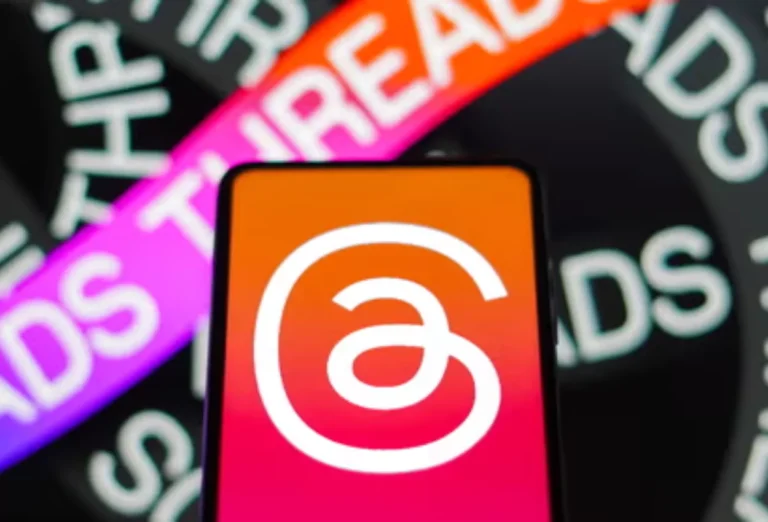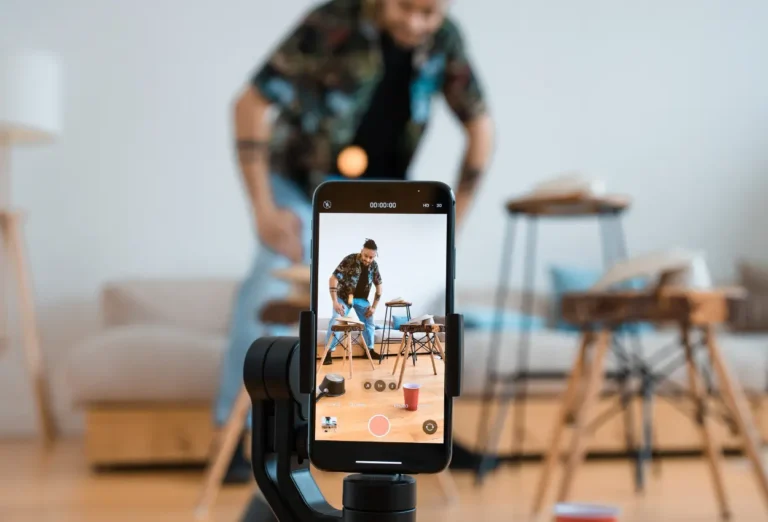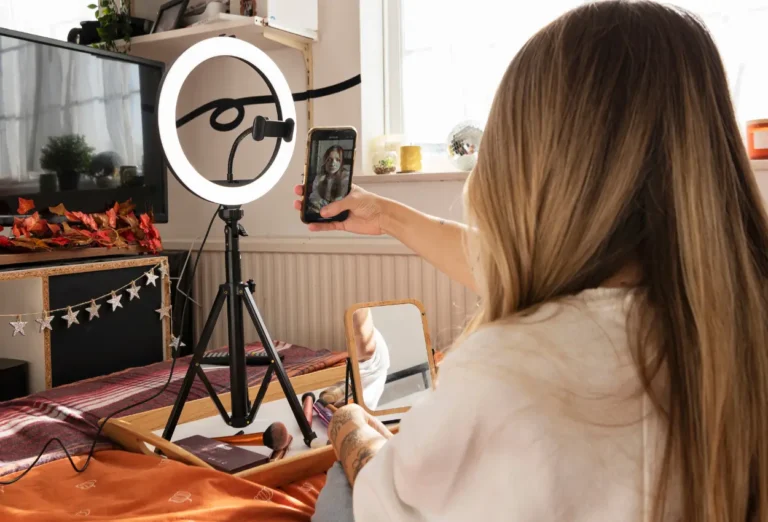Social Media And Copyright: Navigating Legal Pitfalls
To avoid copyright issues on social media, always use original content or properly licensed media. Understanding copyright laws and obtaining necessary permissions is essential.
Navigating the complexities of copyright on social media platforms can be daunting. Creators and businesses alike must ensure they only share content they have rights to, or risk legal complications. This means either creating original work or using content that is free for commercial use, properly attributed, or licensed.
The digital landscape is rife with opportunities for exposure, but it’s crucial to respect intellectual property to maintain integrity and avoid costly penalties. With the surge in content sharing, being informed and diligent about copyright is not just smart—it’s a necessity. By adhering to these principles, you can harness the power of social media without falling foul of legal pitfalls.
The Intersection Of Social Media And Copyright Law
Understanding copyright law is essential for anyone using social media platforms. Original works like text, photos, and videos are protected. This means you can’t use someone’s work without permission. Creative Commons licenses sometimes allow use, but rules must be followed. Always check the license type and adhere to the stated conditions.
User-generated content often blurs the lines of copyright. Creating something unique is key. Use your own images or content from free-to-use sites. Always give credit where it’s due. Remember, reposting someone else’s content could lead to legal trouble. Being informed and respectful of copyrights is not only right but also safeguards against potential issues.
Common Copyright Misconceptions On Social Media
Social media often blurs the lines of copyright. Users share content believing it’s legal, leading to unintentional infringement. One common myth is that any online content is free to use. The reality is different; ownership remains with the creator.
Another misunderstanding is that crediting the owner makes sharing okay. This is not always true. Proper permission is still required. Fair use is a complex area. It allows limited use of copyrighted material without permission for purposes like critique or news reporting. Yet, many uses on social media do not qualify as fair use.
| Myth | Reality |
|---|---|
| All online content is shareable. | Ownership rights stay with the creator. |
| Crediting equals permission. | Actual permission is often needed. |
| Any use can be fair use. | Fair use is specific, not universal. |
Real-life Cases Of Copyright Infringement On Social Media
Social media platforms often host copyright disputes. These disputes can involve music, images, and videos. Companies and individuals have faced legal actions for using copyrighted content without permission.
A notable case involved a famous singer and a photographer. The singer posted a photo on Instagram without the photographer’s consent. The issue led to a lawsuit. This case teaches us the importance of asking for permission before sharing someone else’s work.
Another example is a viral video that was shared without crediting the creator. The creator sued, and the case settled. This highlights the need to credit the original creators when sharing their work.
These real-life cases show the risks of sharing content without understanding copyright laws. They teach us to always seek permission and give credit. This way, we avoid legal problems on social media.
Best Practices For Content Creators And Users
Content creators should always watermark their visuals. This makes ownership clear. Unique identifiers or metadata can also be embedded within files. Such steps discourage theft and make enforcement easier. Terms of use should be posted on profiles. This informs others about sharing and usage rights.
For respecting copyrights, always seek permission before using someone’s work. Use licensed platforms to find safe-to-use media. Credit the creator as a sign of respect. Remember that sharing content doesn’t mean it’s free to use. Always check license agreements before distribution.
The Future Of Copyright On Social Media
Social media platforms are rapidly changing the landscape of copyright law. With new laws emerging, it’s crucial for users to stay informed. To ensure compliance, one must be aware of the latest copyright rules. Regularly checking the terms of service on platforms can help. Users should also seek permission when sharing content that isn’t theirs. Credit the original creators to avoid legal pitfalls. Educate yourself on fair use and its application in the online world. Remember, ignorance isn’t a defense in copyright infringement cases.
Conclusion
Navigating the intersection of social media and copyright can seem daunting. Yet, with the right knowledge and approach, creators can share confidently. It’s about respecting original work while engaging online communities. Remember, staying informed and cautious is key to avoiding legal pitfalls.
Let’s embrace creativity responsibly and keep the digital space innovative and respectful for all.







